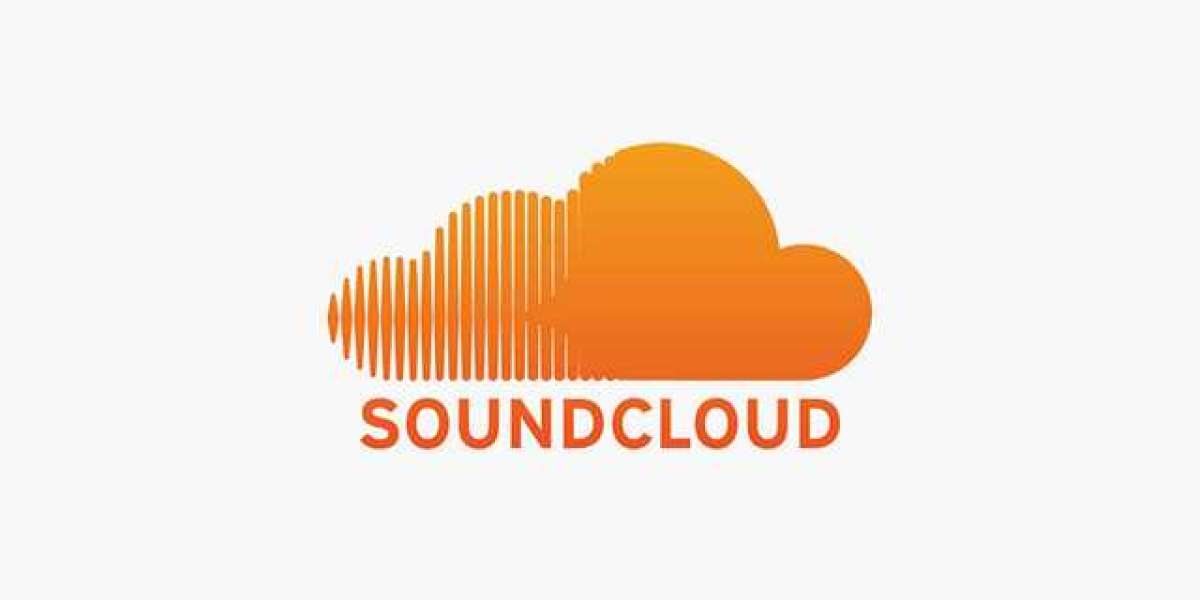In the ever-evolving landscape of digital music, platforms like SoundCloud have emerged as pivotal spaces for both established and emerging artists to share their work. SoundCloud, known for its user-friendly interface and extensive library, allows musicians to upload and distribute their tracks widely. However, as with any digital content, the demand for offline access has led to the rise of various tools and methods for converting SoundCloud tracks to MP3 format. This practice, while convenient, raises several questions about legality, ethics, and impact on the music industry.
The Rise of SoundCloud
SoundCloud to Mp3, founded in 2007, quickly grew into a haven for indie musicians and a playground for music enthusiasts. Unlike other streaming services, SoundCloud allows artists to upload their music for free, giving them a platform to reach global audiences without major label backing. Its social networking features – comments, likes, shares – create an interactive environment that fosters a sense of community between artists and listeners.
SoundCloud’s success is partly due to its accessibility. Users can stream music for free, and the platform offers a premium service, SoundCloud Go, which allows offline listening and ad-free experiences. Despite these options, many users seek ways to convert SoundCloud tracks to MP3 files, enabling them to listen offline without a subscription.
Converting SoundCloud to MP3: How It Works
Converting SoundCloud tracks to MP3 involves using third-party websites or software that extract the audio file from the platform and convert it into an MP3 format. These tools typically require the user to paste the URL of the SoundCloud track into a converter, which then processes the audio and provides a downloadable MP3 file.
Popular tools for this purpose include websites like KlickAud, SoundCloud Downloader, and software such as JDownloader. These services are often free and easy to use, contributing to their widespread adoption. However, they operate in a legal gray area, leading to ongoing debates about their legitimacy and impact.
Legal and Ethical Considerations
The legality of converting SoundCloud Song Downloader files is a complex issue. SoundCloud’s terms of service explicitly prohibit downloading content without permission. By using third-party converters, users violate these terms, potentially infringing on the intellectual property rights of the artists. While some tracks are available for free download directly from SoundCloud, others are not, and converting them without permission can be considered piracy.
From an ethical standpoint, this practice deprives artists of potential revenue. SoundCloud’s business model includes ad revenue sharing and premium subscriptions, both of which support artists financially. By bypassing these systems, users undermine the economic ecosystem designed to benefit musicians. This is particularly detrimental to independent artists who rely on these revenue streams to sustain their careers.
Impact on the Music Industry
The widespread use of SoundCloud to MP3 converters highlights a broader issue within the digital music industry: the tension between access and compensation. As streaming has become the dominant mode of music consumption, the industry's economic model has shifted. While streaming platforms provide access to vast libraries of music, they also generate lower per-stream revenue compared to traditional sales.
For artists, particularly those without major label backing, revenue from streaming can be insufficient. This financial strain is exacerbated when users opt for illegal downloads, further reducing potential earnings. Moreover, this practice diminishes the value of music as a product, perpetuating the notion that it should be free.
Alternatives and Solutions
To address the challenges posed by SoundCloud to MP3 converters, several solutions can be considered. Firstly, increasing awareness about the ethical implications of unauthorized downloads is crucial. Educating users about the impact of their actions on artists can foster a more supportive community.
Secondly, enhancing the features and affordability of premium services like SoundCloud Go can provide a compelling alternative to illegal downloads. By offering offline access and ad-free experiences at a reasonable price, these services can attract more users to legal options.
Finally, the music industry can continue to innovate and adapt its business models. Exploring new revenue streams, such as live streaming performances, exclusive content, and merchandise, can help artists diversify their income sources.
Source: https://soundclouddownloaders.org/
Conclusion
The practice of converting SoundCloud tracks to MP3 files underscores the ongoing tension between accessibility and compensation in the digital music era. While these converters provide a convenient solution for offline listening, they pose significant legal and ethical challenges, particularly for independent artists. By fostering awareness, enhancing premium services, and adapting business models, the music industry can better navigate these challenges, ensuring that artists receive fair compensation for their work while listeners continue to enjoy the vast and diverse world of music.








